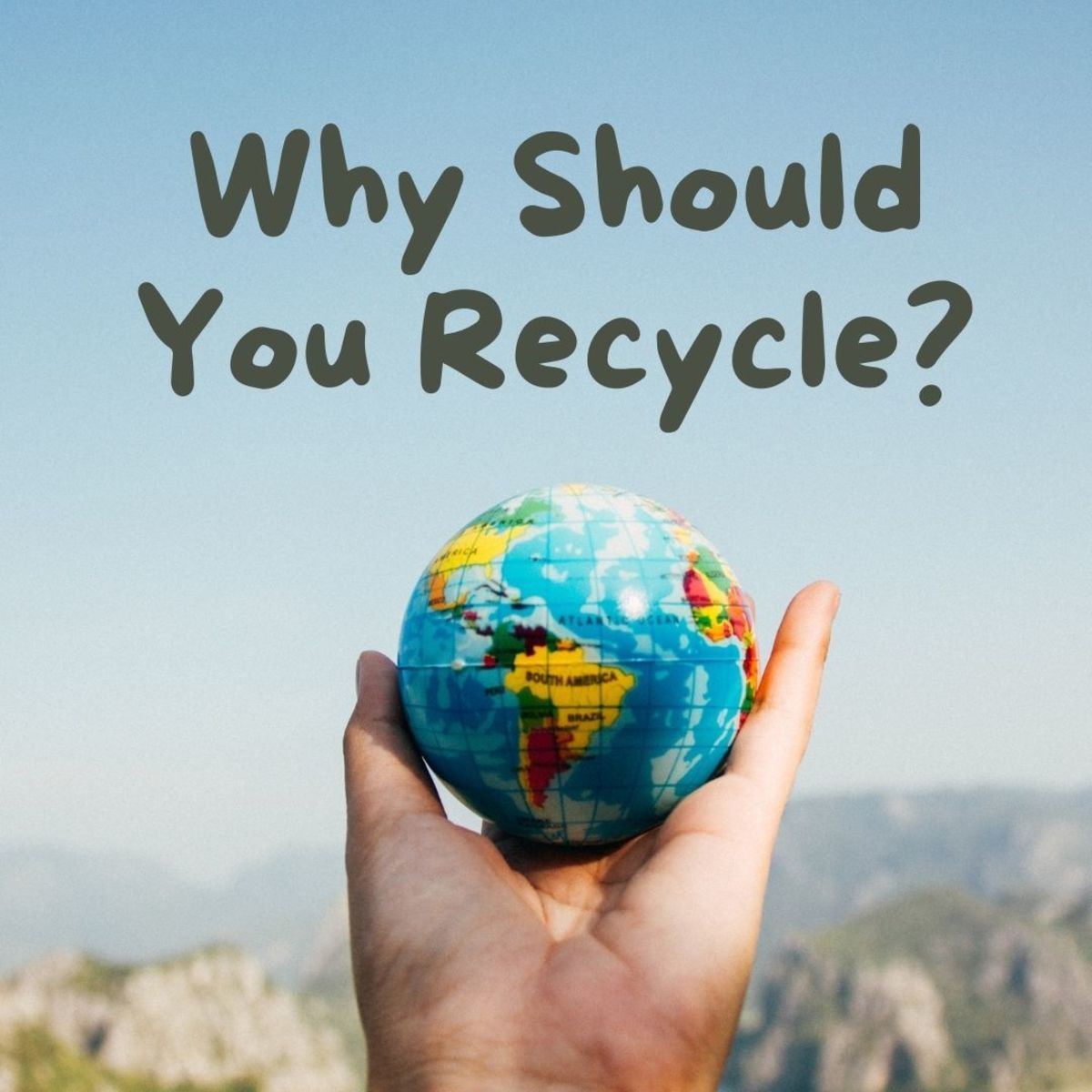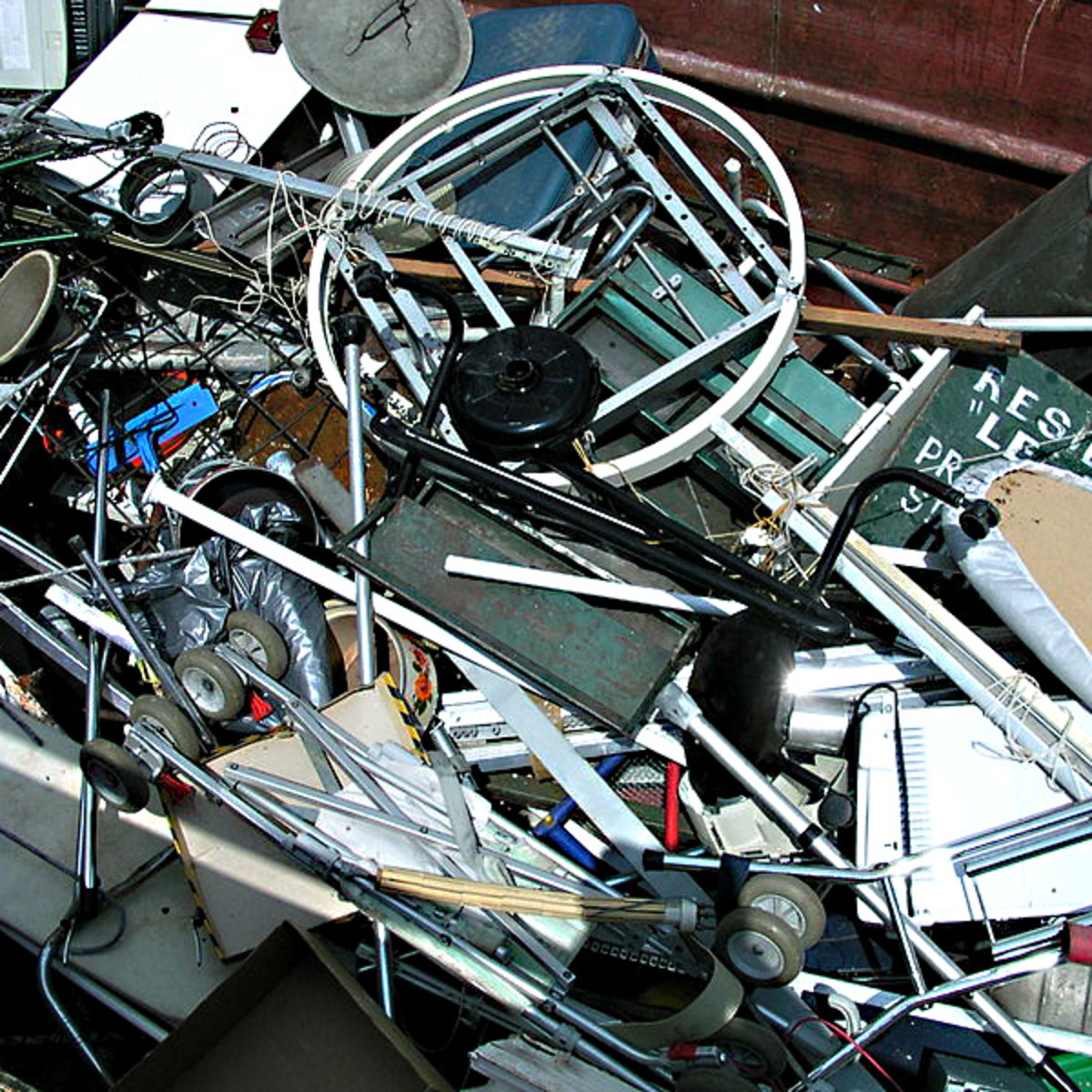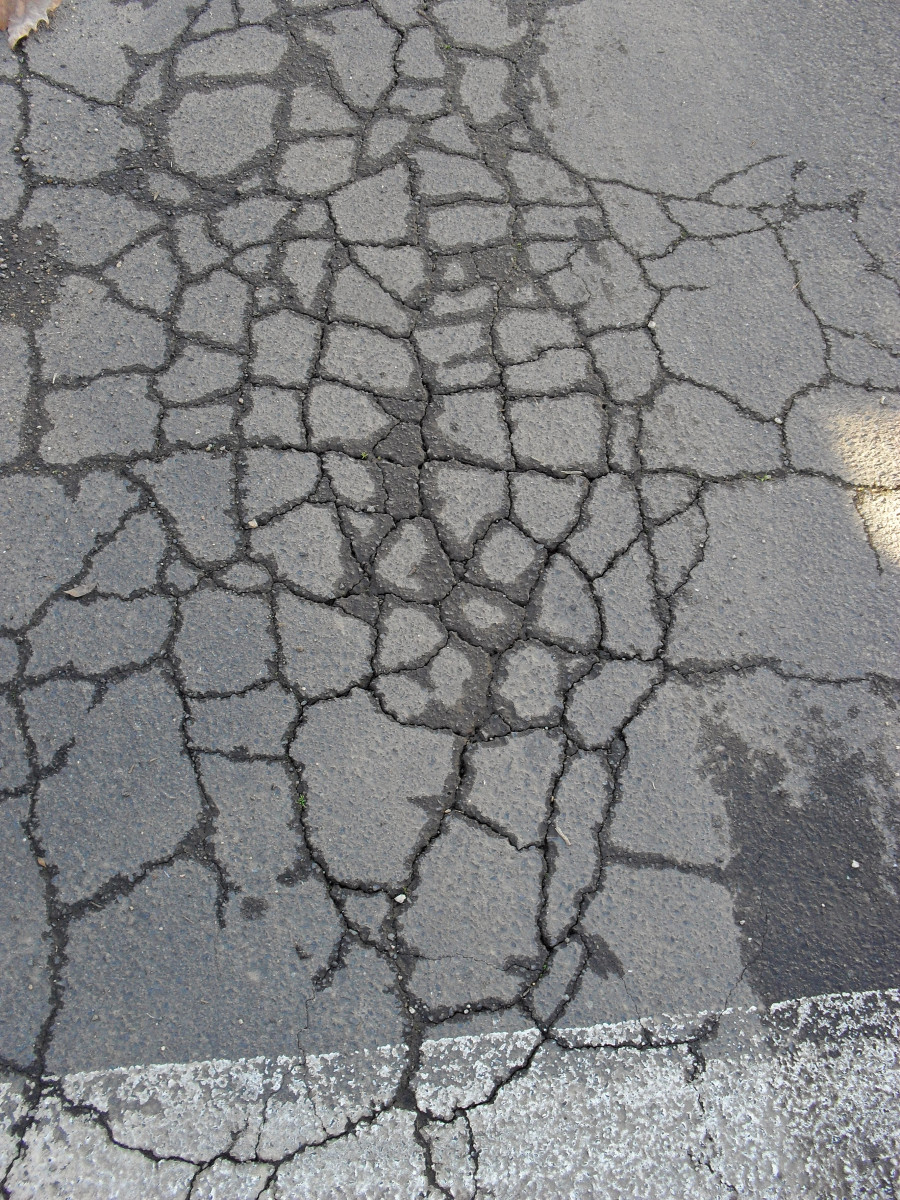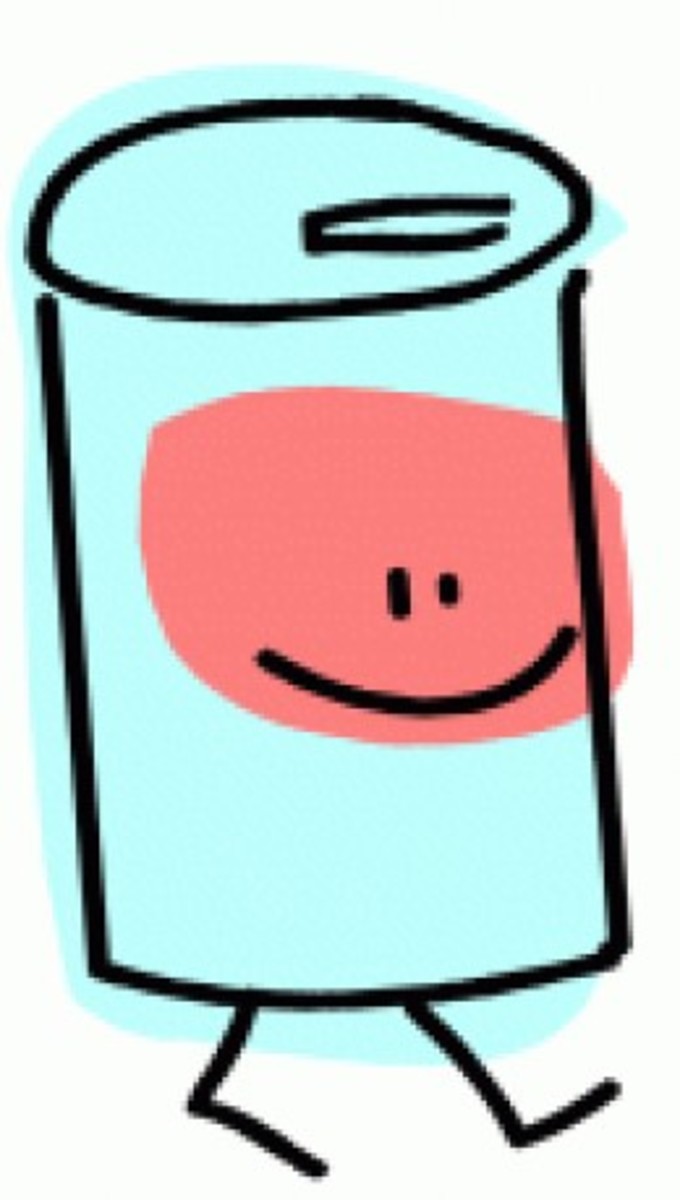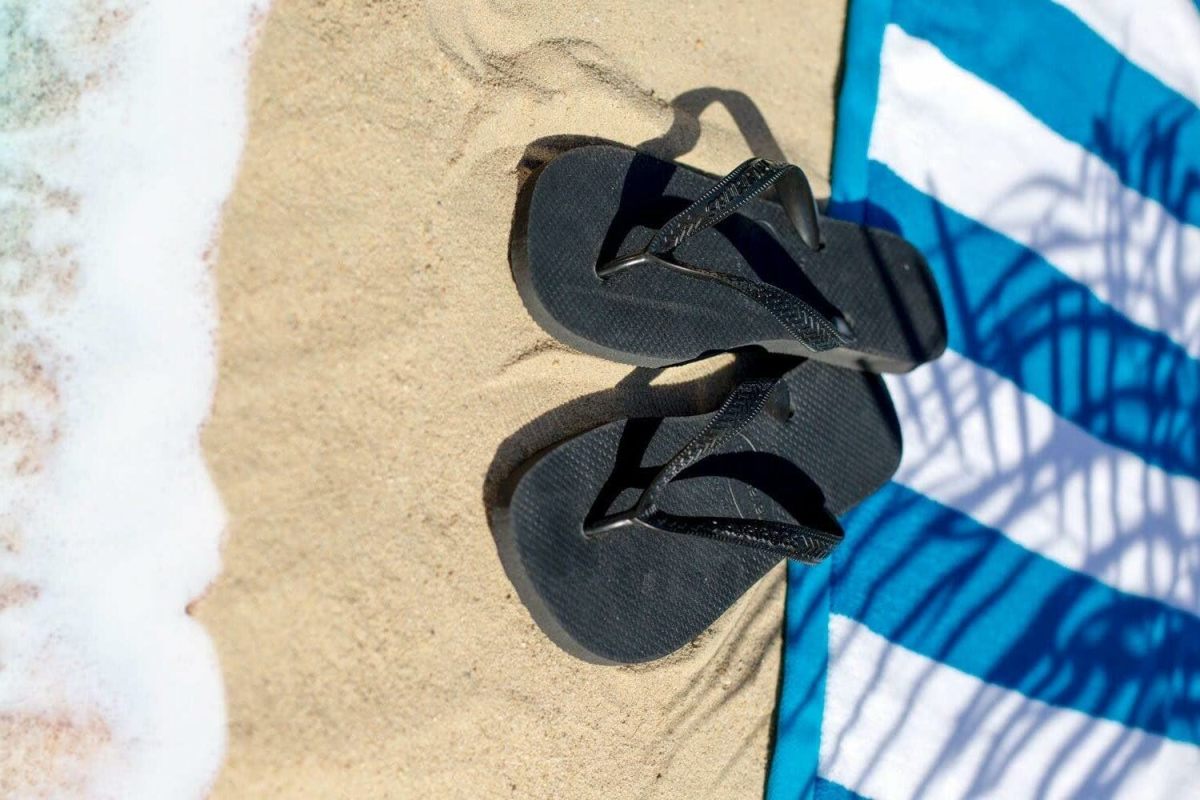Why should I buy recycled glass products?
Recycled Wine Glasses
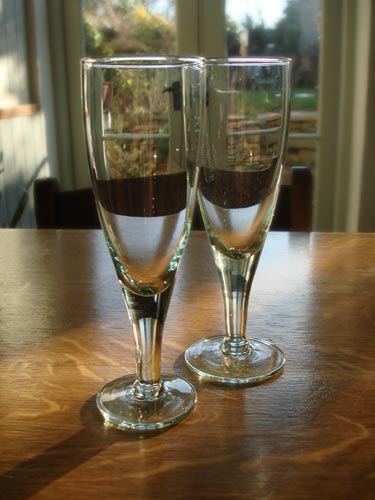
Recycled Glass Products
Unlike some materials, glass can be endlessly recycled with no loss of quality or strength, therefore glass manufacturers can use crushed, recycled glass (cullet), to reduce their production costs and energy without compromising quality.
There are many well known recycled glass products such as recycled wine glasses, bottles and jars. There are also some less well known uses for recycled glass such as jewellery, glass kitchen counter tops, insulation products and ceramics. Recycled glass can also be used in the construction industry for things like aggregate - an alternative to gravel that doesn't need to be quarried.
REDUCE REUSE RECYCLE (in that order!)
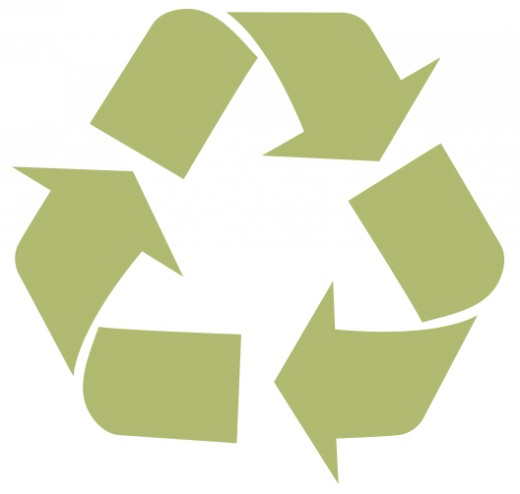
How buying recycled products helps
When buying products made from recycled materials, you help reduce the amount sent to landfill, thus saving resources and energy. You will also be helping to boost the market for recycled items, therefore increasing the demand for recyclable items to be collected and recycled.
When many products are made raw materials are needed from mining and quarrying. In lots of cases this can be destructive and polluting to the environment.
If we were to use 100% recycled glass products we would need no or little raw materials, thus reducing the amount of sand and raw materials being dug - but we would still have glass products again and again.
Recycled glass in the UK
In the UK we produce approximately 228 million tonnes of waste every year. According to Defra in 2010 2,712,860 tonnes of this waste was glass and 1,647,917 (60%) tonnes of this glass was then recycled (unfortunately this means 40% 1,064,943 tonnes went to landfill or incineration).
As the government and EU recycling targets increase it is important as a consumer to buy the products made from recycled materials to support the industry and keep the cycle going.
About Glass Recycling
The glass recycling process
Once glass has been collected for recycling it is taken to a treatment plant.
At the treatment plant any contaminants are removed (this can be things like metal bottle tops or plastic pourers such as those found in the top of olive oil bottles). The glass is also sorted into colours (normally clear, green and brown). In modern recycling plant these processes are done mechanically using lasers to identify contaminants and colours, which are sorted on conveyor belts accordingly.
The glass (now known as cullet) is then ready to be re-supplied back into the glass manufacture industry. The glass will normally be melted in a furnace and made into new products.
The sad truth of Landfill
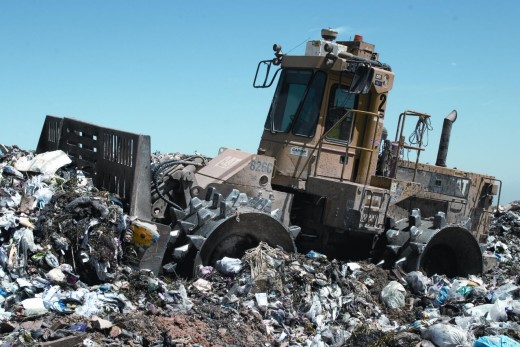
The Alternatives to Recycling
Recycling glass is a no brainer. If we don't recycle the glass bottles and jars we use as a consumer they will either end up in land fill or at a waste incinerator. Both these options are equally bad.
Landfill Sites
Glass in landfill will not decompose. We are running out of space to put landfill and these sites spoil landscape causing pollution (such as methane emissions) to the environment.
Waste Incinerators
Materials such as glass are a precious resource. Much of the waste put into incinerators could be recycled, therefore burning these recourses is a huge waste (excuse the pun). Emissions from incinerators can be toxic. Some of the substances emitted (such as dioxins) are well know for their adverse health and environmental effects.
Remember REDUCE, REUSE, RECYCLE!
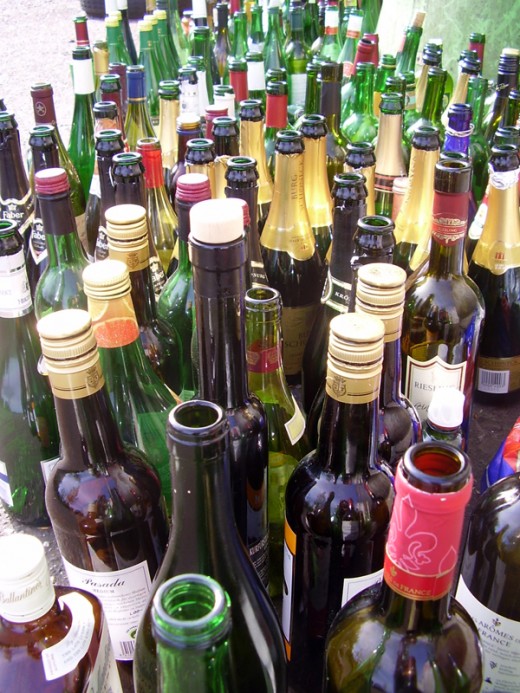
Key facts about Glass Recycling
- 1 recycled glass bottle would save enough energy to:
* Power a 100 watt light bulb for almost an hour
* Power a computer for 25 minutes
* Power a colour TV for 20 minutes
* Power a washing machine for 10 minutes
- Every tonne of recycled glass used saves 1.1 tonne of raw materials.
- Recycled glass requires approximately 40% less energy to produce than new virgin glass.
- Every metric ton of waste glass, recycled into new items saves 315 kilograms of CO2 from being released into the atmosphere.
- Glass is 100% recyclable and can be recycled endlessly - with no loss of quality.
- In 2010 the UK recycled 1,647,917 tonnes of glass (but this was still only 60% of the glass thrown away)
- In 2010 1.765 billion bottles of wine were consumed in the UK!
© 2013 Alexei Sawyer

